“To use my body as a tool for my art was the most empowering experience I’ve ever had as an actor”: Christian Cooke and Ruth Bradley on Embers at Belfast Film Festival
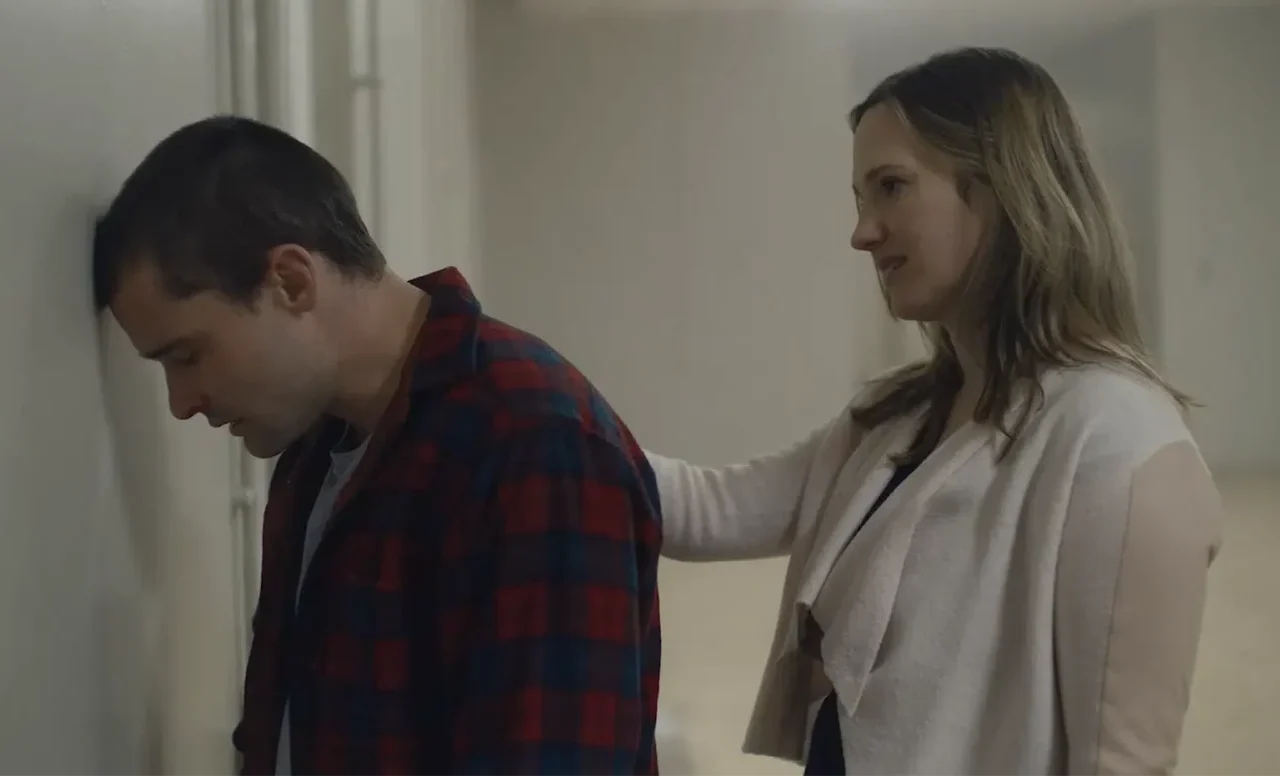
Embers is a nuanced exploration of sexual surrogacy and rehabilitation starring Christian Cooke and Ruth Bradley. Initially a play titled Experience that Cooke performed at the Hampstead Theatre in 2016, the story follows Dan who has been incarcerated for over 18 years. As his parole draws near, Amy – a sexual surrogate – is tasked with rehabilitating him in preparation. They go through a series of intimate exercises that create a special trust and bond between the two characters. Screened at this year’s Belfast Film Festival, Embers was selected as one of the projects for the BFI London Film Festival Work-in-Progress Showcase back in 2022.
The film is written by Cooke alongside the original playwright of Experience, David Florez, with Cooke also directing. The research behind sexual surrogacy and for the film consists of a book by David Brown and working with sexual therapist Sue Newsome. Beyond covering topics of sex, love and regret, the feature also touches on alternative forms of rehabilitation, specifically sex and how these can affect both patients and sexual surrogates within and outside the hospital walls.
The Upcoming caught up with Cooke and Bradley to discuss how the film came to be, their deep dive into researching the psychology behind sexual surrogacy and the empowering aspects of the film, specifically for Ruth in her role as Amy.
Can you both give us an introduction and a brief rundown into the story of Embers and your characters Dan and Amy?
Christian Cooke: Embers is about the rehabilitation of a high-security psychiatric patient by means of sexual surrogacy. The patient has been incarcerated for 18 years, has a parole coming up and he hasn’t responded to any traditional forms of therapy. So, this is like a last-guess attempt to rehabilitate him. They decide to trial sexual surrogacy, a form of intimate therapy on Dan, to see if he’ll respond to that. Because his case file – his trauma – is sort of rooted in intimacy and things like that. It’s a Black Mirror-esque scenario where you’re saying, what sort of therapy could be available to people in Dan’s situation if traditional therapy is not working?
Ruth Bradley: Amy is the sexual surrogate who is chosen to work with Dan. She’s a real mix of being hard and extremely vulnerable. When she meets Dan, there’s something in him that she connects to, which she wasn’t expecting to.
How did you guys come about collaborating for Embers? Christian, what was it like casting for these roles and Ruth, what was the audition process like for the character of Amy?
CC: I sort of had Ruth in mind from the beginning. We vaguely knew each other as we had some friends in common that came across each other. I had seen some of her work: I saw the film In Your Skin. It was such a character for her, but also so brave – such a brave performance. I sort of thought we needed an actress that was that brave and that fearless. Then we did auditions and Ruth was just by far the greatest actress in the most immediate performance. So raw, so emotional and just got it completely. Ruth would probably say it seemed to take a while, but really – there wasn’t any choice. It was just that thing where naturally, you have worked on something for so long, you don’t just want to go and make the decision now and in the room or like a couple of days later. You want to still feel that strongly about someone a week or two weeks after. It was just taking that time. But it was always Ruth, really.
RB: Christian is very engaging and friendly, and I knew him anyway. But it’s always nerve-wracking, particularly when you really, really want something. From the second I read it – from the second Christian told me about it – I was like, “Oh my gosh, that is right up my street!” It’s something so original and dangerous, I suppose. It’s totally unheard of – I’ve never come across anything like it before – and terrifying. That’s obviously something I’m interested in doing. But it was quite a long, arduous audition process – I think I did about three auditions – and intense. Jesus, for somebody who liked me, you really put me through the wringer!
Diving into a little bit of the story, did you know about sexual surrogacy and the psychology behind it? What was the research for you Christian on writing about it, and for you Ruth, tackling the character of Amy?
CC: I have to give credit to Dave Florez because I’m not sure if people know this – we didn’t advertise it in the credits for various reasons – it’s based on a play. It’s based on a play called Experience that I did at the Hampstead Theatre in 2016. I approached Dave [to ask] if he thought about it as a film and he was just generously open to the idea of adapting it. We set about adapting the play. It was a really long process to get a script that was right: at least around two years of writing it and working on it and stuff before we started thinking about actors. We got the green light on finance after like a year, 11 months or something. Then it ended up falling apart a few years after that. But we still worked on the script for two or three years. Really, it was about taking it away from the play and opening it up to be more cinematic. It’s telling the story with images as opposed to just words based in one room. In terms of the research, there’s a book about surrogates by David Brown, which I read. David and his wife run a surrogacy clinic; I read his book and I met with him and his wife. There’s another woman called Sue Newsome, who’s brilliant! I emailed her and called a lot, and I took Ruth to meet with her. Which was great for both of us, wasn’t it?
RB: Amazing, yeah. Sue was my way in. I’d seen the film The Sessions, you know that amazing John Hawkes and Helen Hunt film from like 2012? That was the first time I’ve ever heard of it. Then I was shocked thinking, “Oh my god, I can’t believe this is a real thing” and then I just moved on with my life – never thought about it again. When Christian told me about the film – my god, I was just so fascinated by that. Once I was cast, we were trying to figure out backstory and stuff, and Christian was like, “Just come meet Sue.” Sue was the way in for me because I think I had a very surface idea of what sexual surrogacy would be like. But then I met Sue, and I was so blown over by her energy, her warmth and her openness. I don’t know why I didn’t expect that. It was just such a massive energy. I just left that meeting needing the same thing that she has got for this part. She pointed me in the right direction to study some Tantra, which is where she had originated from. Then I went and did a little bit of that. The film was pushed because of financing, just as Christian was saying. Which is an absolute blessing because I just continued to study Tantra for about two years. I think had we shot back when we were supposed to, it would’ve been a completely different performance. Because all of those two years of research were the basis of everything I did in the end.
I didn’t even know that this was based on a play, but it all makes sense with it happening mostly in one room. Did that set up help cultivate the dynamic and chemistry between Dan and Amy?
CC: Whether it’s based on a play or not based on a play, with the relationship being one that is between essentially a therapist and a patient – you’re always going to have many of these long two-handed scenes in which eventually, they get into a back-and-forth dialogue. That was always going to be the spine of the film, about their relationship and those sessions between therapist and patient. I didn’t want to shoot in a small room, because when you’ve got the majority of the scenes in one room and you’re shooting in that small space, that’s limiting you photographically, of where you can move and how you photograph the space. You want it to be cinematic so a bigger space is just better for that. Logically, and in terms of the story, my justification for that is that this guy’s dangerous. They’re not going to put her in a tiny room with him if there are no guards. It made logical sense that they would give Amy and Helen a bigger space to work with him in. As Ruth’s character says, “It’s not very intimate.” But there’s a sort of logic for that. I think what’s interesting is how we decided to shoot that. There’s a lot of long lens stuff between the two characters in the earlier scenes. So, actually, you do get a sense of the space but we’re not really seeing the background. You’re seeing just them feeling each other out. Then later on in the film, we sort of open it out so you start to see more of the space as the scenes go on. When you’re working that intensely with another actor in one room, you definitely have nowhere to hide.
RB: I remember being totally shocked the first day I saw the set. Obviously, I was skimming over some stage directions and I was like, “God, it’s really not intimate.” It was totally gigantic and freezing – we shot in January – and it’s just all the things that you think are not conducive to being open, sensual and warm at all. But actually, for the film, it was brilliant. There is a shot of Christian where you can see the air come out of the heat of his breath because it just was so cold. Which, I think, is amazing when you watch it. Because they managed to carve this relationship and trust in the most unlikely of places.
Ruth, there’s a lot of stigma surrounding sexual liberty and legitimising sex work, whether it’s for monetary purposes or in this case, as a therapeutic method for rehabilitation, especially within the female perspective. Exploring these themes through Amy, sexual surrogacy and her dynamic with Dan, was that empowering for you in any way?
RB: Wow, Mae – gigantic question to finish on! Yeah, it was totally empowering. Obviously, every single one of those topics that you’ve raised are huge. I mean, I’ve gone through a real journey in my life about how I feel and how I stand on those topics. The kismet of this film meant that we shot when I had just given birth five weeks previously to a baby girl. I had a five-week-old daughter when I was shooting a film about intimacy, sex and love. I had just given birth and broken my body in half to deliver a little girl and used that same body to shoot this film and transfer all that love into Christian and that character. To use my body in this way, not just in the part, but as Ruth – to use my body as a tool for my art, to give this thing to the world and especially the audience who sees it – it was the most empowering experience I’ve ever had as an actor.
Mae Trumata
Embers does not have a UK release date yet.
Watch the trailer for Embers here:


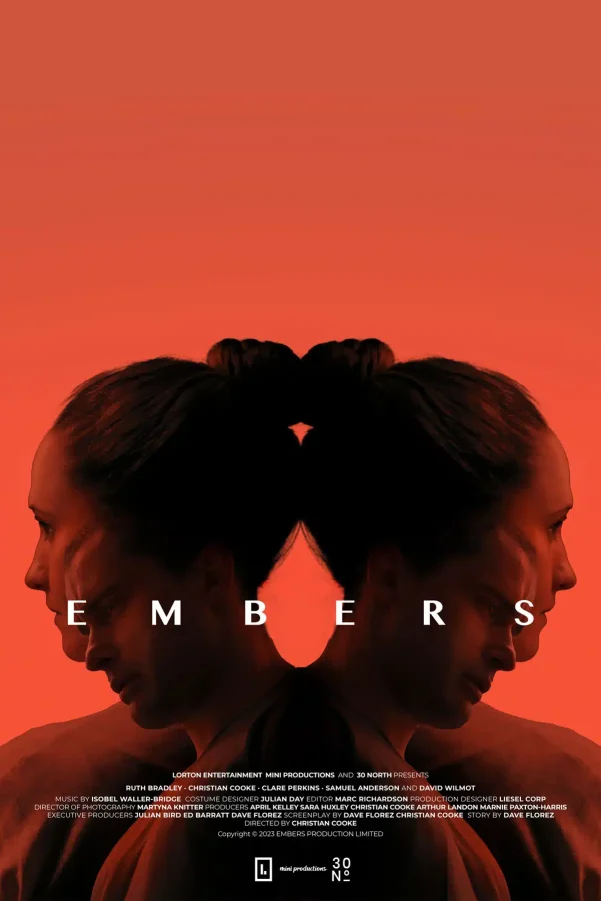
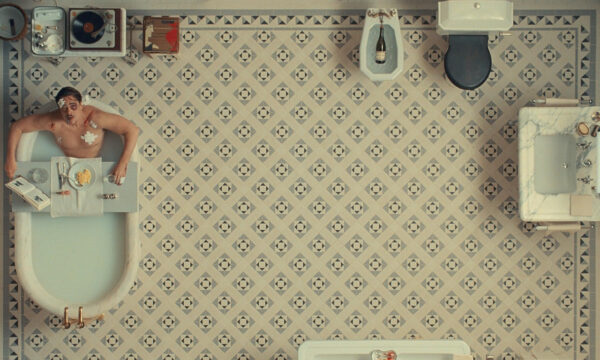
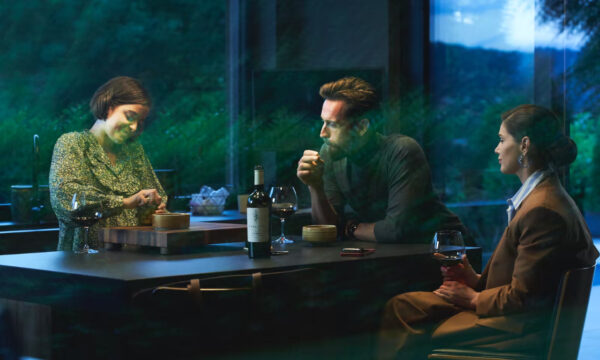
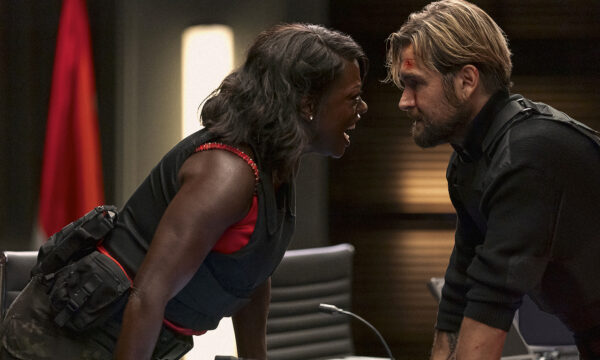
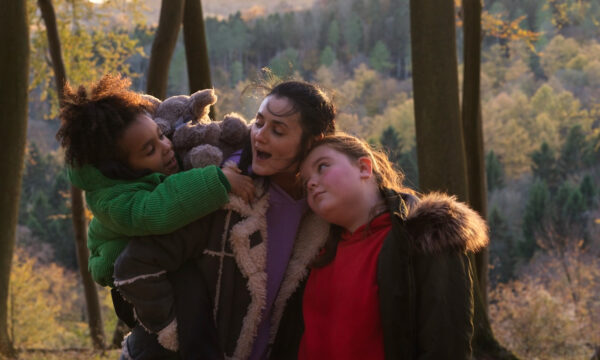
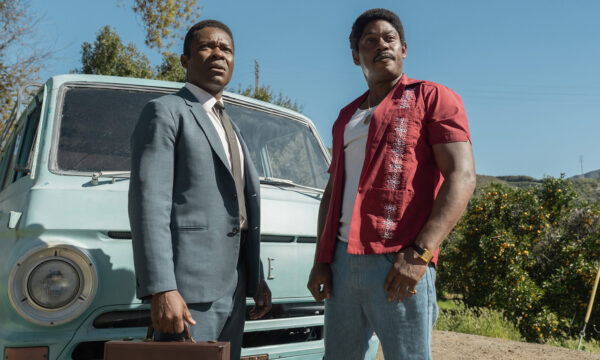
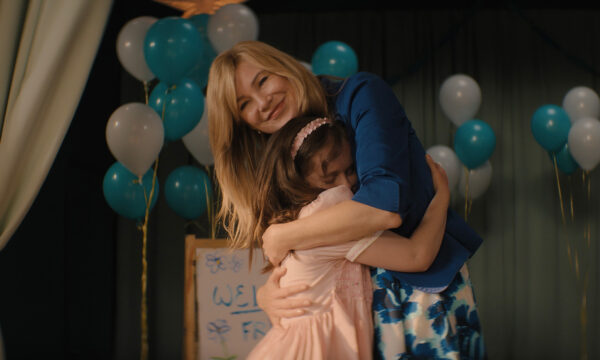
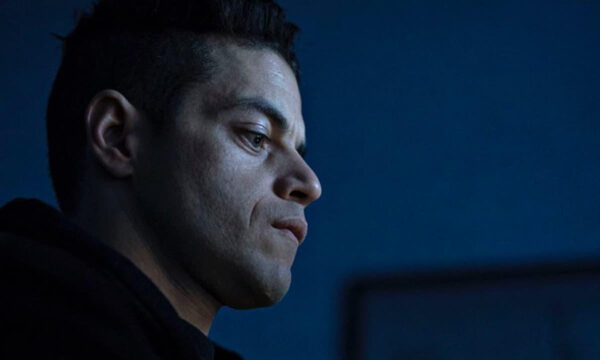
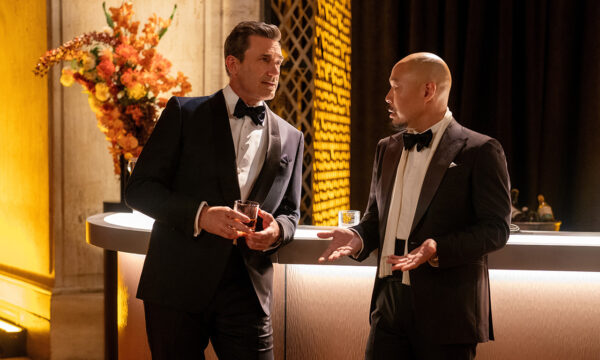
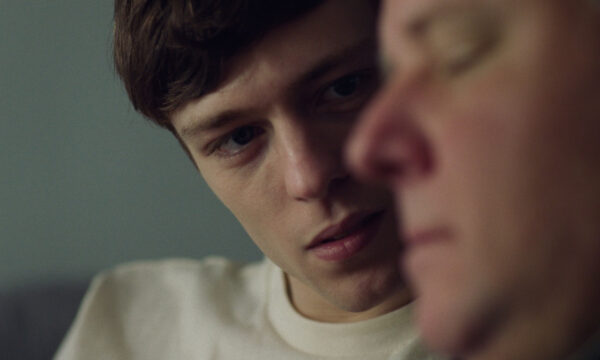














Facebook
Twitter
Instagram
YouTube
RSS